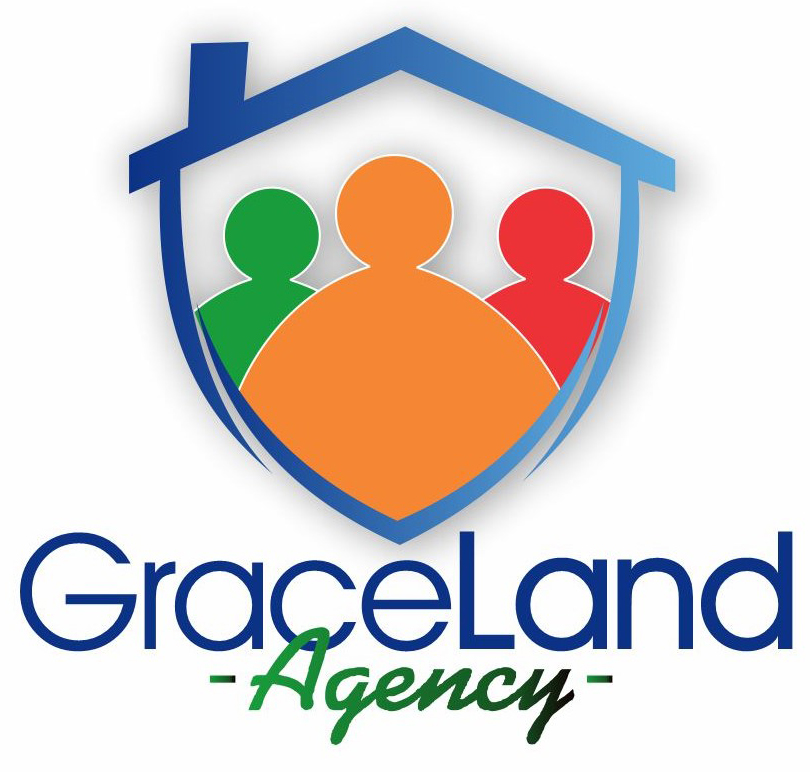Resources
We are dedicated to providing useful information and resources to our clients, their families, and our community. Below is a list of resources to assist you with managing your health, overall well-being, and home care.
Educational Articles
We provide information on various subjects in our part of educational articles, including the advantages of home care services, how to select the best caregiver, helpful ideas for caring for older people, and methods for managing chronic ailments at home.
Community Resources
The Community Resources section contains:
- Details on neighborhood support groups for patients, caregivers, and families coping with various medical conditions.
- A list of local clinics, hospitals, and healthcare providers.
- Neighborhood senior programs and services.
- Resources for people with disabilities include advocacy groups, vocational training, and accessibility modifications.
Tools and Checklists
With our tools and checklists, you can ensure your home is safe and accessible. You can also keep track of daily care activities, medications, and essential notes with our printable caregiver daily log and follow our step-by-step instructions to create a customized emergency preparedness plan.
Frequently Asked Questions (FAQs)
Home care enables people to live freely in their homes by providing non-medical support with everyday tasks like dressing, eating, bathing, and company. Conversely, home health care offers medical services—such as wound care, medication administration, and physical therapy—carried out by certified experts, such as nurses and therapists.
A decline in personal hygiene, frequent falls, difficulties with everyday tasks (such as dressing, cooking, or bathing), loneliness or isolation, and increased forgetfulness indicate that your loved one may require home care services. The necessity for home care services can also be ascertained through a professional assessment performed by a healthcare provider or home care organization.
The kind and degree of care needed, as well as the location, affect the cost of in-home care. Medicaid, military benefits, or long-term care insurance might pay for certain services. Furthermore, state and local programs provide funding for in-home care services. It is imperative that you and the home care provider talk about prices and payment methods.
Verify a home care provider’s credentials, licenses, and certifications to ensure they are reputable and high-quality. Request references and go through other customers’ evaluations. Interviewing potential caregivers is useful for evaluating their background, education, and fit with your loved one. Credible organizations will run background checks on their employees and give them continual training.
A home care firm can provide numerous services, such as meal preparation, light housework, companionship, medication reminders, transportation to appointments, personal care (such as washing, dressing, and grooming), and respite care for family caregivers. Certain agencies also offer specialized services, including live-in care, adult family home care, and skilled nursing.
We invite you to explore these resources and utilize the information provided. Graceland Agency LLC is committed to providing the information and resources for our customers and their families to succeed.

